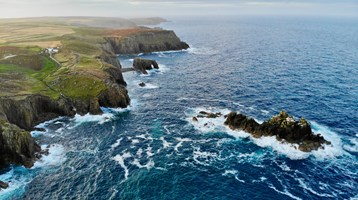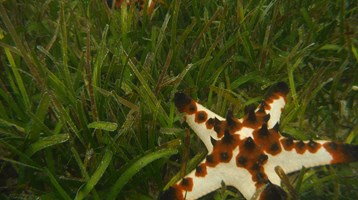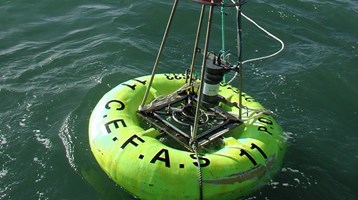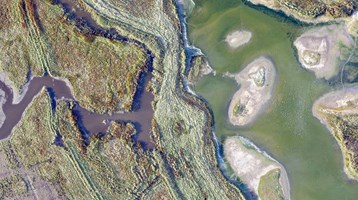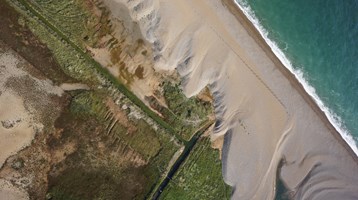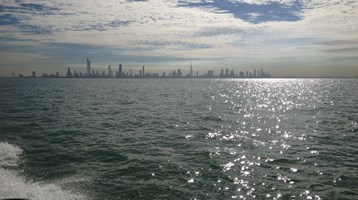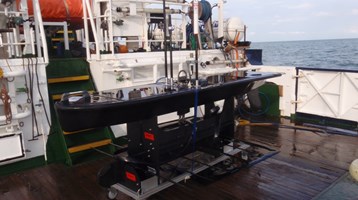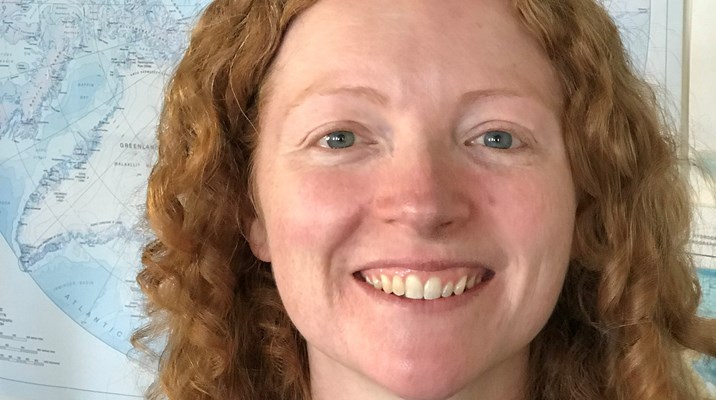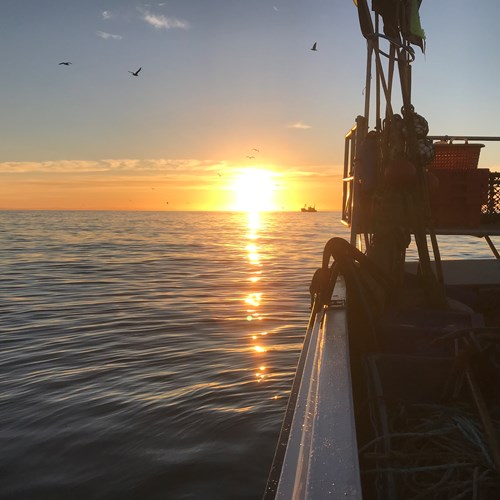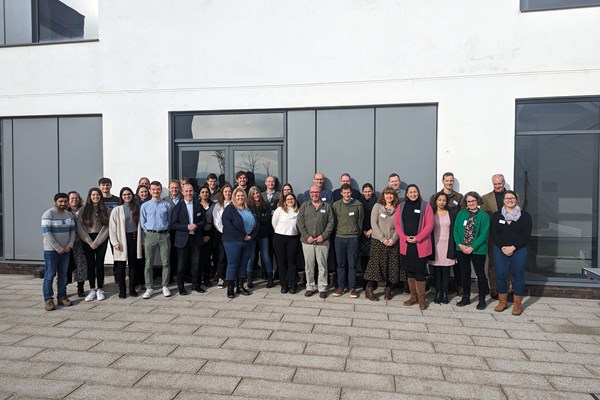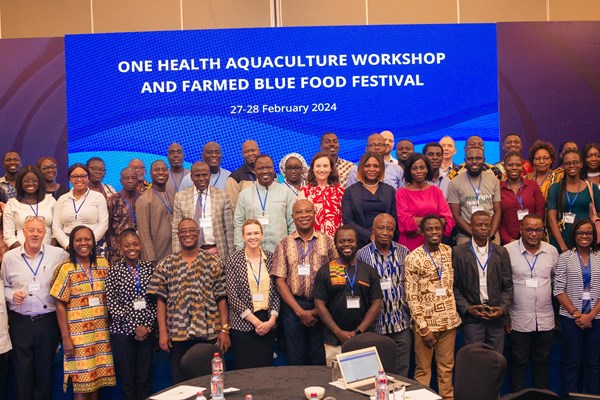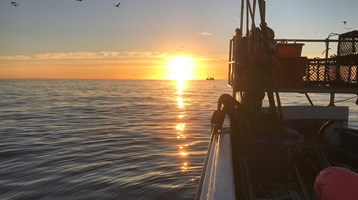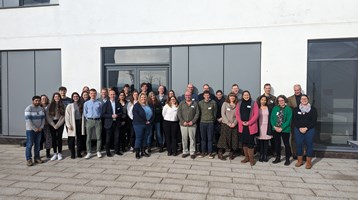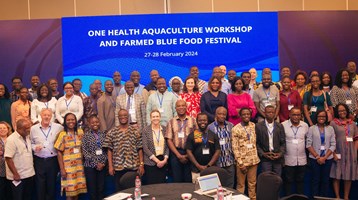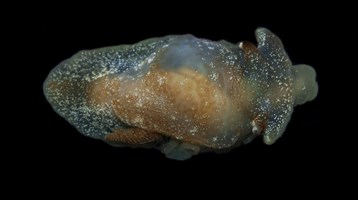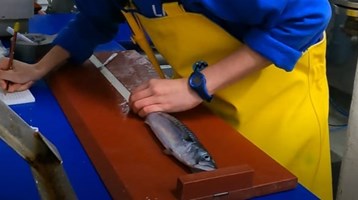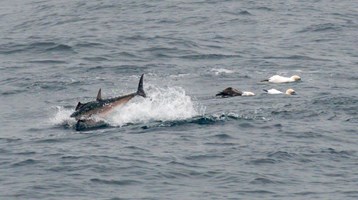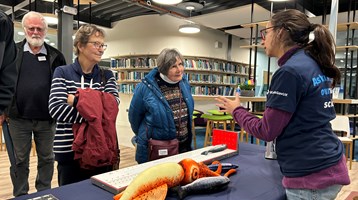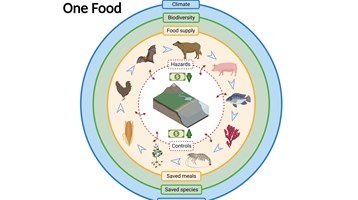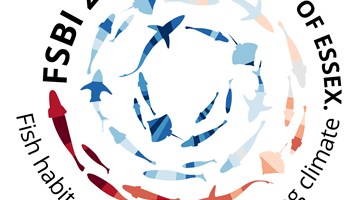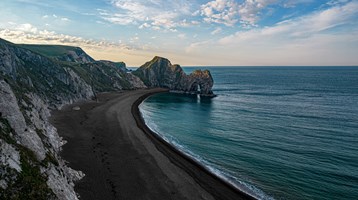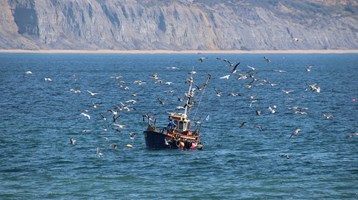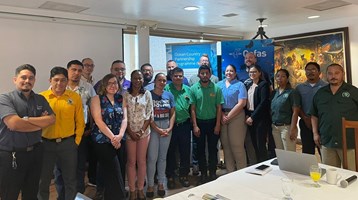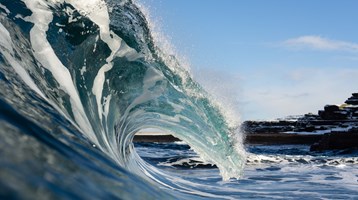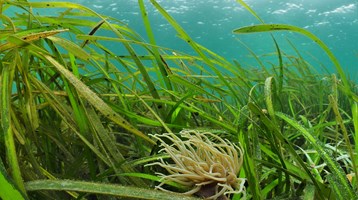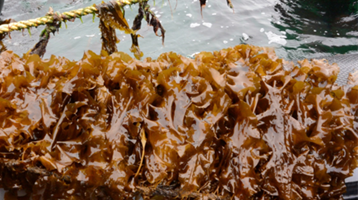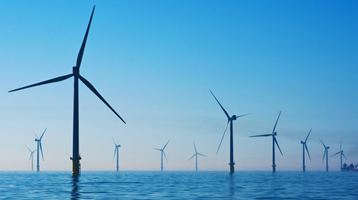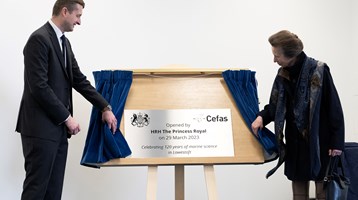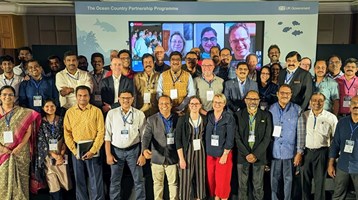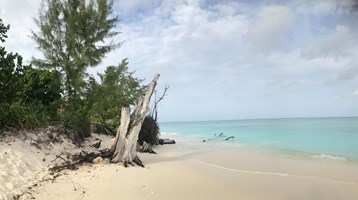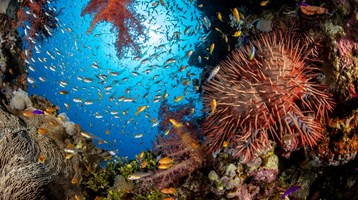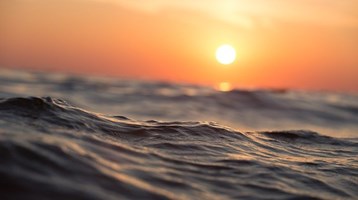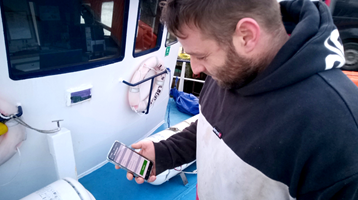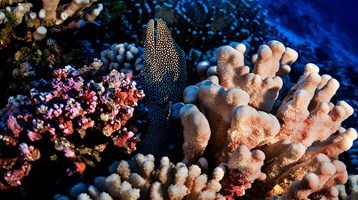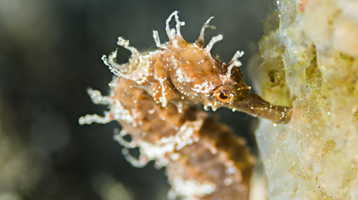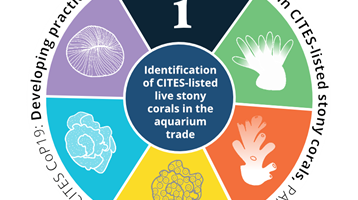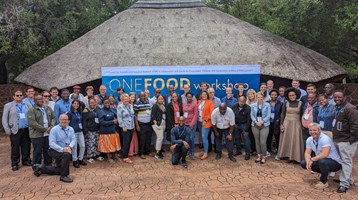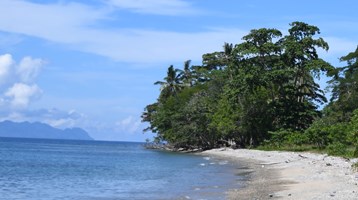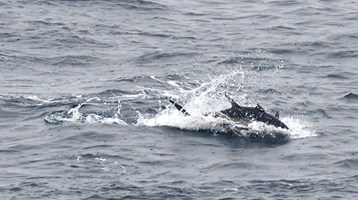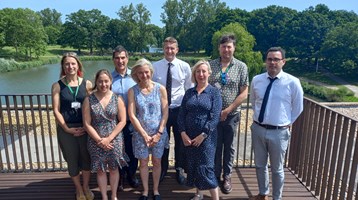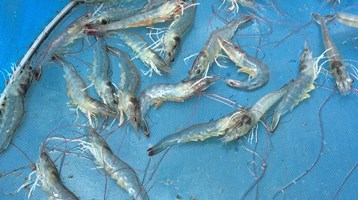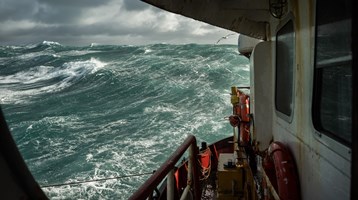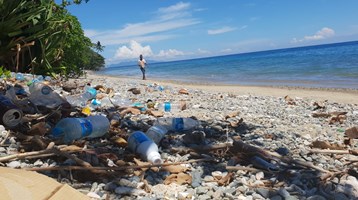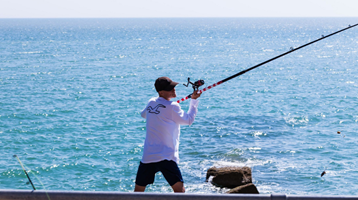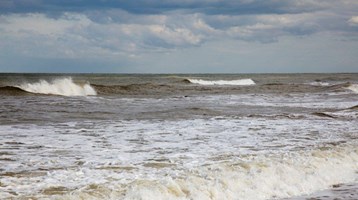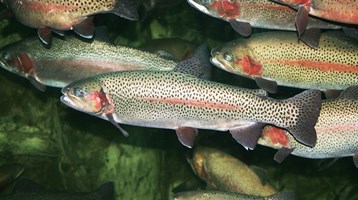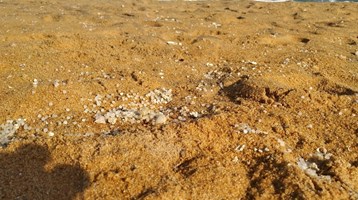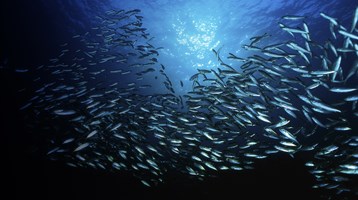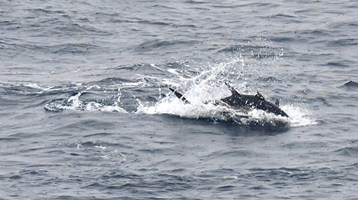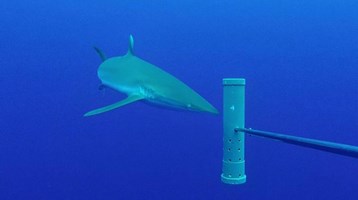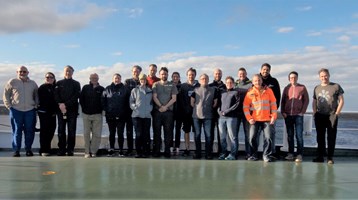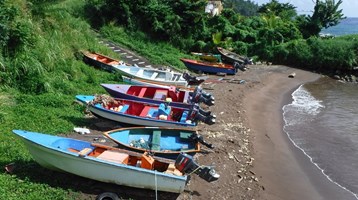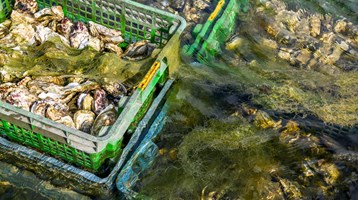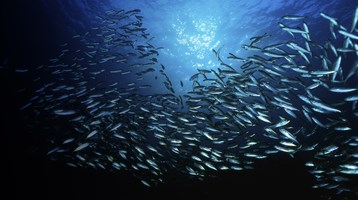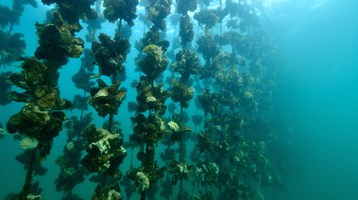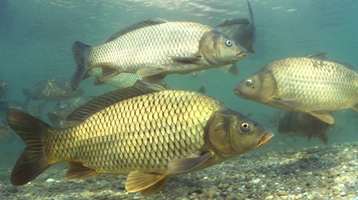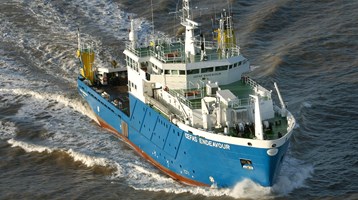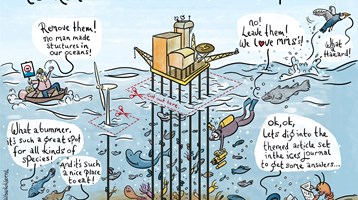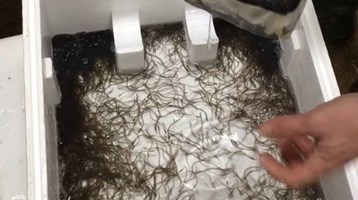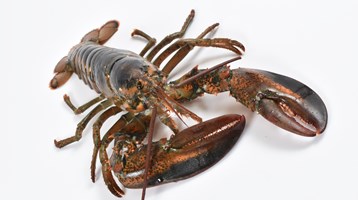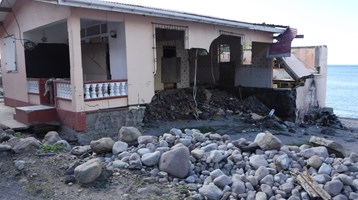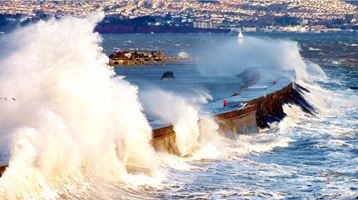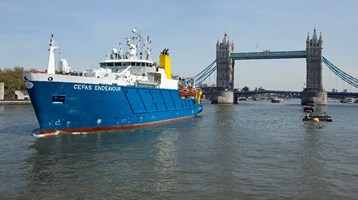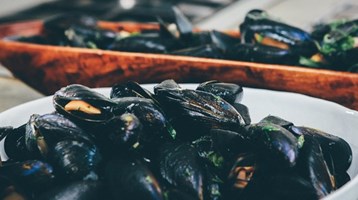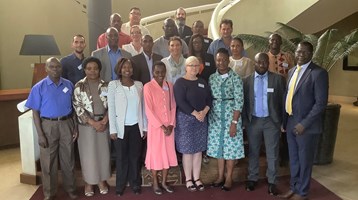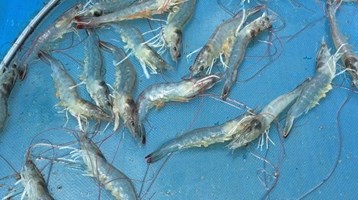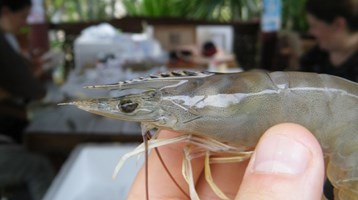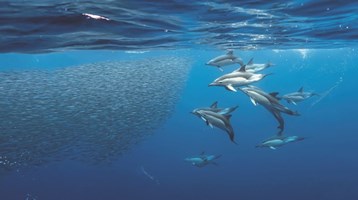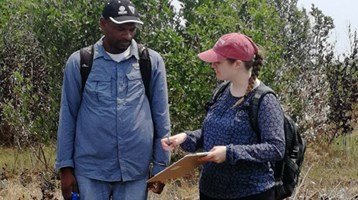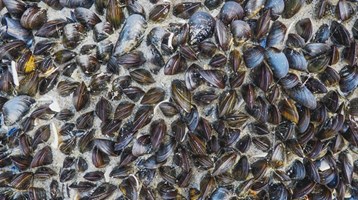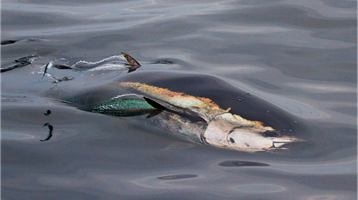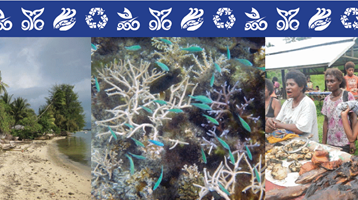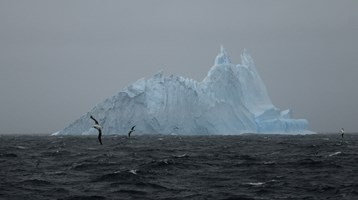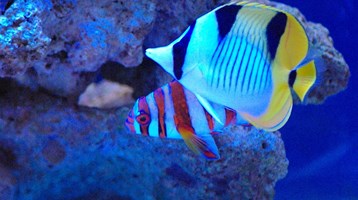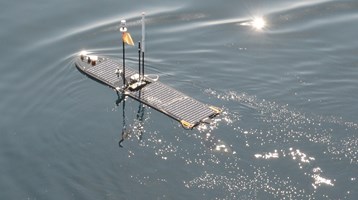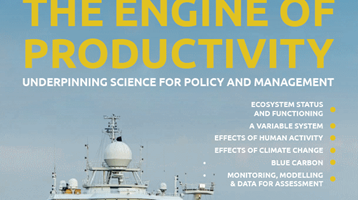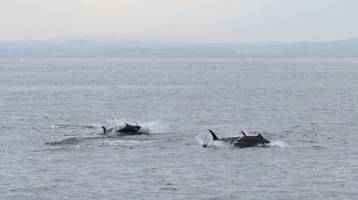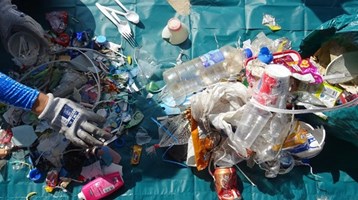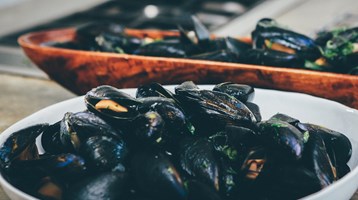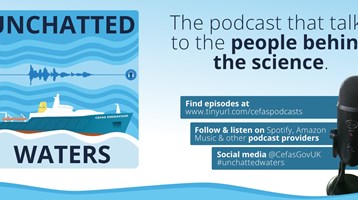New report highlights opportunities for climate adaptation in Grenada
10 August 2022
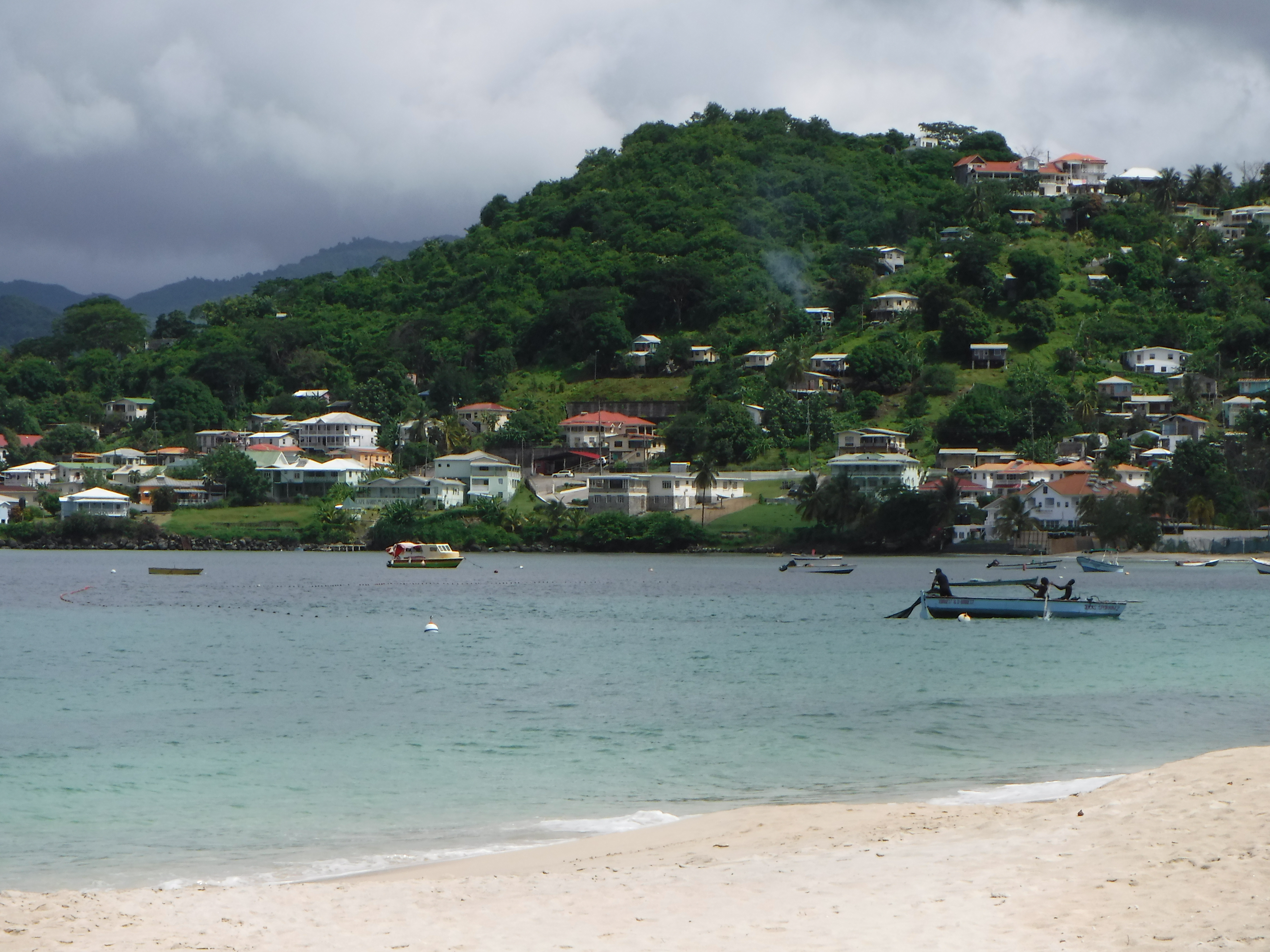
In the Caribbean, the climate emergency is expected to have huge impacts on the marine environment and fisheries. In new work published as part of the Commonwealth Marine Economies Programme, the Grenada Fisheries: Adapting to Climate Change Report Card looks at some of the main climate change impacts facing the Island and what can be done to tackle them.
In Grenada the fishing industry is hugely important for livelihoods, food, culture and tourism. Grenada is also home to important marine and coastal ecosystems including seagrass beds, corals and mangroves which support healthy fisheries. However, its fisheries are some of one of the most vulnerable in the Caribbean to climate change. Rising temperatures, ocean acidification and extreme weather events such as hurricanes, compounded by other pressures such as pollution, habitat destruction and some unsustainable fishing, pose a significant threat to marine habitats and their ability to support healthy fish stocks. Without action, it has been estimated that climate change could cost Grenada as much as 46.2% of its GDP each year by 2050.
Working closely with fisherfolk, fisheries managers and scientists across the Caribbean to understand the impacts of climate change on the sector, the report card highlights some of the main climate risks and some of the barriers to successful adaptation. It also sets out some of the adaption projects already underway and provides recommendations of what can be done at the national and local level to further improve the resilience of the marine environment and fisheries livelihoods.
The report card follows a workshop in February 2022, where fisherfolk reported experiencing smaller catches and smaller fish, as well as changes to seasonality of catches and changes in reefs and the fish they support. The workshop identified climate adaptation actions that could help reduce these pressures whilst also protecting local livelihoods. These included reducing pollution and unsustainable fishing, restoring habitats such as coral reefs and mangroves, diversifying catches and adding value to catches through marketing and processing. Fisherfolk reported already changing their fishing practices to adapt to the impacts.
“As we have seen from our previous work looking at the impacts of climate change on fisheries across the Caribbean, Grenada’s fisheries are already experiencing these impacts, however it is great to see a lot of adaptation action already underway. We hope that fisherfolk, policy makers and managers will use the report card to plan and implement actions that reduce climate risks and increase the sustainability of fisheries, while also improving the marine environment”, said Dr Bryony Townhill, lead co-ordinator of the report card and Climate Change Scientist at Cefas.
When presented with the report card, the Minister of Agriculture, Lands, Fisheries and Cooperatives for Grenada, Hon. Sen Adrian Thomas said, " The Government of Grenada is extremely grateful to be a beneficiary of this very important piece of work. The Blue Economy is a sector with huge potential and this new Government plans to explore every opportunity there is."
The work follows the publication of the Caribbean Marine Climate Change Report Card and the Climate Change Adaptation for Caribbean Fisheries Report Card undertaken as part of the UK’s support to Small Island Developing States to help protect their oceans as part of the Commonwealth Marine Economies Programme.
Photo: Fishing boats in Grenada by Bryony Townhill/Cefas
Related to this article
Topic
Case studies
People
News
Further Reading


Working for a sustainable blue future
Our Science

